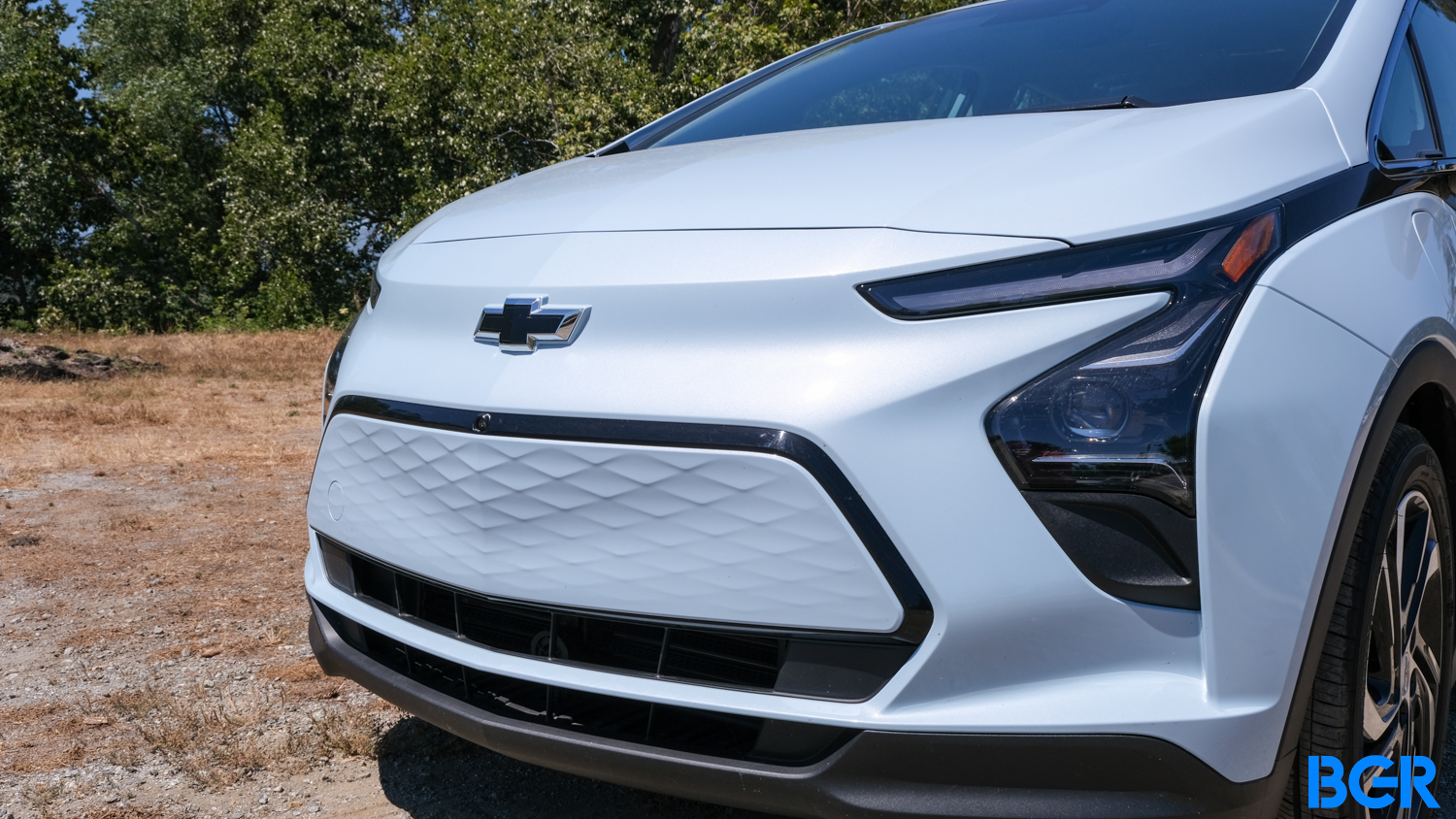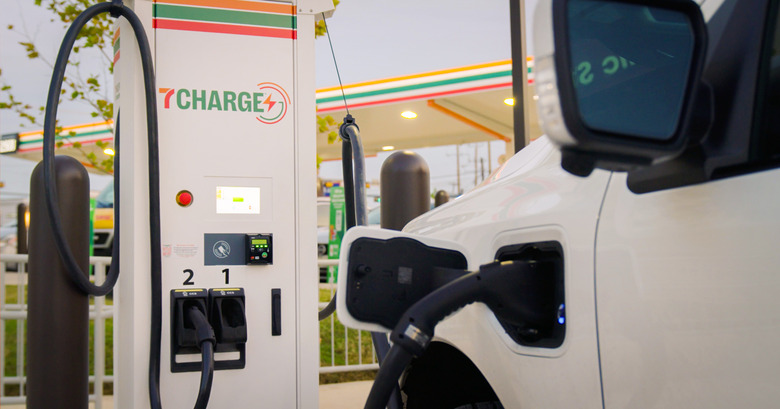Groundbreaking New Battery Design Will Make EVs Much Lighter
The next big leap in electric vehicle design might not come from faster charging or better software, but from the battery itself doubling as the car's frame. Scientists are developing a new kind of structural battery that could dramatically reduce weight while boosting performance, a shift that could reshape EV transportation.
Traditional lithium-ion batteries are powerful, but bulky. Their design forces engineers to build heavy, separate battery packs that take up space and limit efficiency. Structural batteries solve this by doing two jobs at once. They store energy and physically support the car.
Instead of hiding batteries in the floor or under the seats, the battery becomes part of the structure, like the roof or chassis. Researchers at Chalmers University of Technology in Sweden are leading this innovation. Their latest EV structural battery design uses carbon fiber as both an energy-storing material and a load-bearing component.

These new composites are light, stiff, and energy-dense enough to replace traditional materials like aluminum, and the benefits are massive. Swapping standard parts for structural batteries could cut an EV's weight by 20%, allowing automakers to either increase range or install smaller, lighter powertrains.
In some cases, the driving range could jump by up to 70%. The same idea also applies to other industries, too. But starting with EVs is smart, as new battery tech has led to faster EV charging, but nothing has really solved the weight problem these batteries introduce.
This battery tech is made from carbon fibers coated with lithium iron phosphate (LFP) and bonded using advanced materials like reduced graphene oxide to improve performance and durability. Recent models reached energy densities up to 42 Wh/kg with stiffness comparable to aluminum, making them viable for real-world use.
While there are still hurdles, like improving the overall voltage output and switching to safer solid-state electrolytes, the technology is inching closer to commercial use. Brighter Side of News says a startup called Sinonus AB is already working to bring structural batteries to market, focusing first on lightweight electronics before scaling to vehicles and aerospace.
